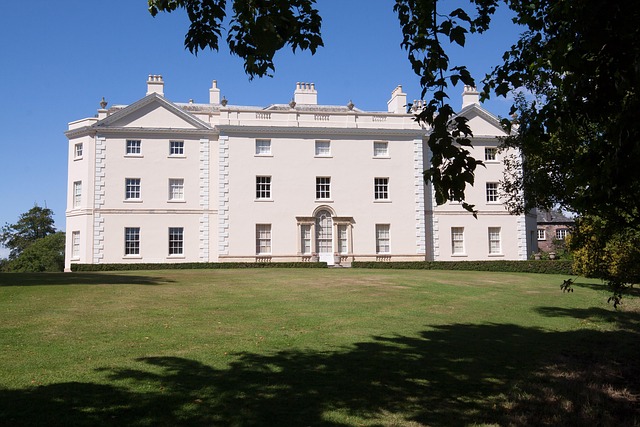Understanding tribal communities in real estate requires recognizing their unique social structures, cultural practices, and deep connections to the land, which hold significant historical agreements and traditional knowledge. Engaging with these communities necessitates a nuanced approach that respects sovereignty, acknowledges land rights, and prioritizes mutual benefit. Effective navigation includes open communication, educational efforts, collaborative partnerships, and fostering equitable interactions for sustainable development and stronger tribal-non-tribal relationships, addressing historic injustices and promoting inclusive practices.
In today’s globalized world, understanding and respecting close ties between real estate practices and tribal communities is more critical than ever. This article explores the unique land relations of indigenous peoples, delving into their historical perspectives within the industry. We highlight the impact of real estate on these communities and emphasize the importance of building relationships that foster cultural sensitivity. By acknowledging the intricate bond between tribes and their lands, we strive to promote ethical practices in the sector.
Understanding Tribal Communities and Their Unique Land Relations

Understanding tribal communities involves recognizing their distinct social structures, cultural practices, and deep-rooted connections to the land. These communities often have unique land relations, shaped by historical agreements, traditional knowledge, and a profound sense of stewardship. In the context of real estate, engaging with tribal communities requires a nuanced approach that respects their sovereignty, acknowledges their land rights, and prioritizes mutual benefit.
Tribal lands are not merely properties; they are integral to the community’s identity, well-being, and cultural continuity. Navigating these relations involves open communication, educational efforts, and collaborative partnerships. Real estate professionals who appreciate and honor these cultural nuances can foster more equitable and respectful interactions, contributing to sustainable development and stronger tribal-non-tribal relationships.
The Impact of Real Estate on Indigenous Peoples: Historical Perspective

For centuries, the relationship between real estate and indigenous communities has been complex and often fraught with tension. Historically, the acquisition and development of lands have significantly impacted Indigenous Peoples, leading to displacement, loss of cultural connections, and disruption of traditional ways of life. The colonial era saw massive land grabs, where powerful entities often pushed aside or ignored the rights and claims of Native tribes, resulting in broken treaties and deep-seated grievances.
This historical context sets the stage for the ongoing struggles indigenous communities face today, as they continue to fight for their land rights and sovereignty. The modern real estate industry must recognize and respect these historic injustices and work collaboratively with Indigenous Peoples to ensure fair practices. By involving them in planning processes, consulting on development projects, and ensuring equitable access to resources, a more harmonious and just relationship can be fostered.
Building Relationships and Promoting Cultural Sensitivity in the Industry

Building strong relationships with tribal communities is a key aspect in the real estate industry, fostering an environment of trust and mutual understanding. This involves active engagement, listening to the unique needs and perspectives of indigenous groups, and demonstrating cultural sensitivity. Real estate professionals can achieve this by attending cultural events, seeking guidance from community leaders, and educating themselves about the history and traditions of local tribes.
Promoting cultural sensitivity means recognizing and respecting the distinct cultural practices and land rights of tribal communities. By incorporating traditional knowledge into development projects, such as sustainable building methods or ancestral land preservation, the industry can move towards more inclusive practices. These efforts not only create harmonious partnerships but also ensure that real estate ventures are aligned with the community’s values and long-term interests.






